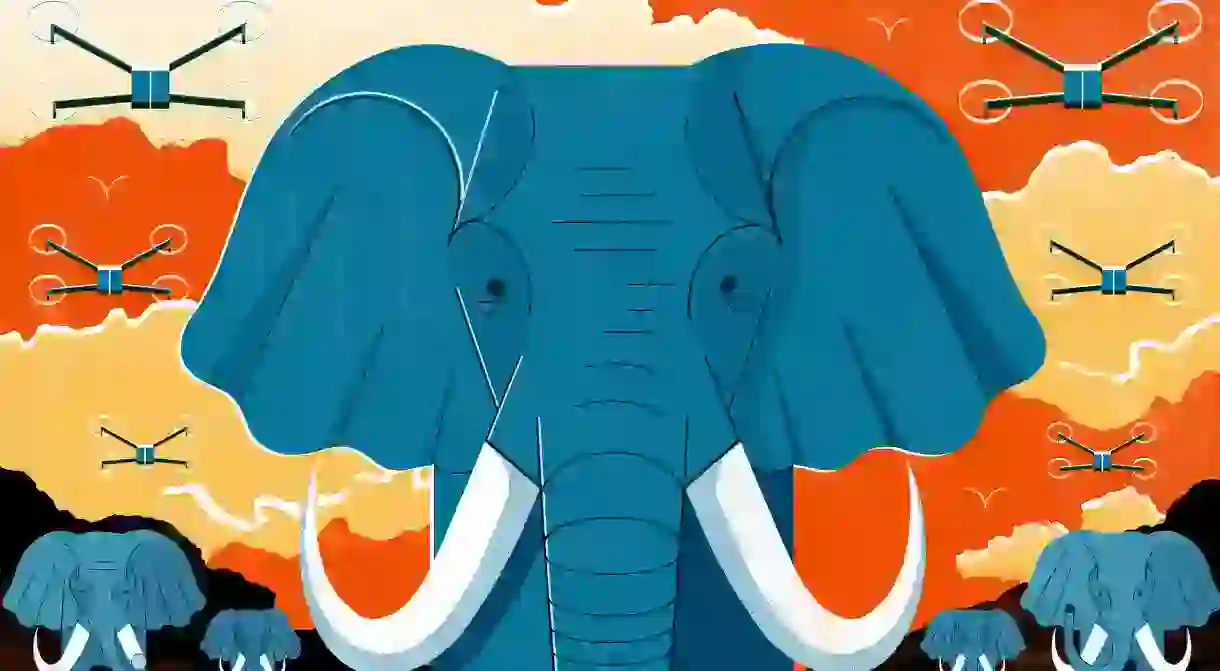Can Artificially Intelligent Drones Save Africa's Elephants from Poachers?

4Artificial intelligence scares some people. Their minds race to sci-fi movies like Terminator, where the machines start to think for themselves and ultimately wage war on mankind. But AI can also help humanity, and in some cases help stop some of its more loathsome urges.
If poaching continues unchecked, elephants and rhinos are expected to be extinct within 10 years. Across Africa, an elephant is killed every 14 minutes, and every 9-11 hours a rhino is slaughtered, according to figures from the Lindbergh Foundation.
Drones are already used to stop poachers, but an initiative involving technology company Neurala and the Lindbergh Foundation is introducing artificial intelligence into the drones to provide even better protection to wildlife in danger of being killed by poachers.
Neurala’s AI technology is able to identify objects of interest, and learns how to do so from any sensory stream. In this case, the AI will go through live video footage as the drone is flying to identify animals, vehicles, and poachers.
The video below shows how the technology identifies different objects.
“This is a terrific example of how AI technology can be a vital force for good,” said Neurala CEO Max Versace in a press release. “We’re thrilled to be working with the Lindbergh Foundation in this unique partnership, contributing our deep learning software to such a worthwhile cause and doing our part to preserve endangered species.”
The Neurala software will be used with the Lindbergh Foundation’s Air Shepherd Program, which is dedicated to eliminating illegal poaching of elephants and rhinos in southern Africa.
Killing other species for our own gain is perhaps one of humanity’s most shameful habits, and it would perhaps be fitting if it took artificial intelligence to help bring it to an end. Here’s hoping it does.













